We interviewed Geoff Brady, Head of Global Trade & Supply Chain Finance (GTS) at Bank of America Merrill Lynch. In this role, he oversees the management of the origination and delivery of supply chain, receivables and trade finance products that provide liquidity, risk mitigation, and working capital optimization for the bank’s Corporate, Commercial and Business Banking clients. He is based in New York. We talked about the physical and financial aspects of the supply chain management, about the importance of Blockchain Consortia in the trade finance space and the BAML’s agenda for the rest of the year.
Featuring: Geoff Brady, Head of Global Trade & Supply Chain Finance, GTS, Bank of America Merrill Lynch
Host: Deepesh Patel, Editor, Trade Finance Global
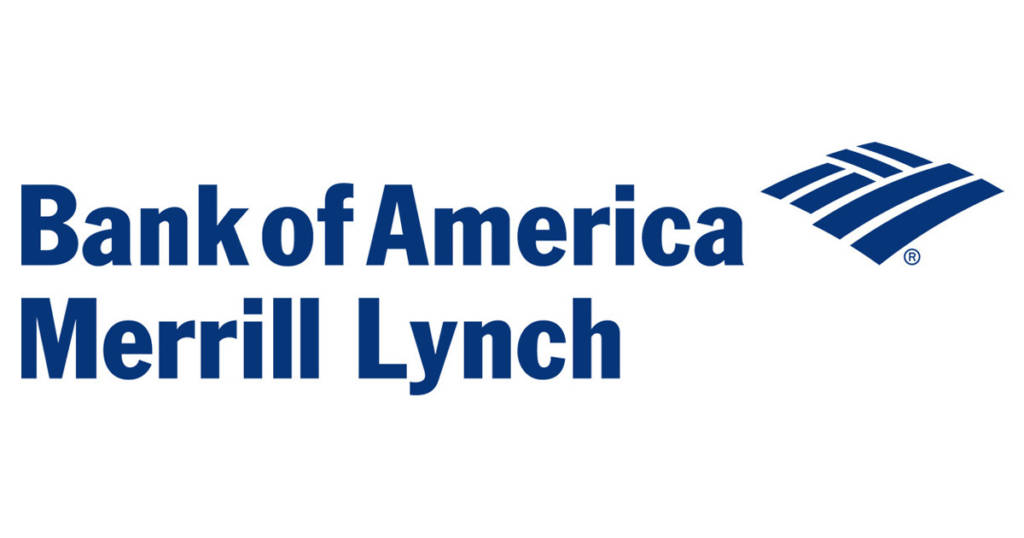
I am Geoff Brady, and I’m the Global Head of Trade & Supply Chain Finance (GTS) here at Bank of America. And I’m based in New York.
Great. Geoff, what keeps the corporate treasurer up at night?
What’s interesting; if we think about it from a trade finance perspective, the question we get a lot is around what’s going on in the global trade community. Trade is a very prominent topic these days. There are two things: one treasurers sort of look at where they source from, and who their buyers are, and how do they manage their supply chains accordingly. There’s a physical part of that, and there’s a financial part of that. So, you can’t sort of change your supply chain overnight and say:
“Well, you know, today I sourced from one corner of the world and tomorrow, I’m going to make a decision to source from a different part of the world.”
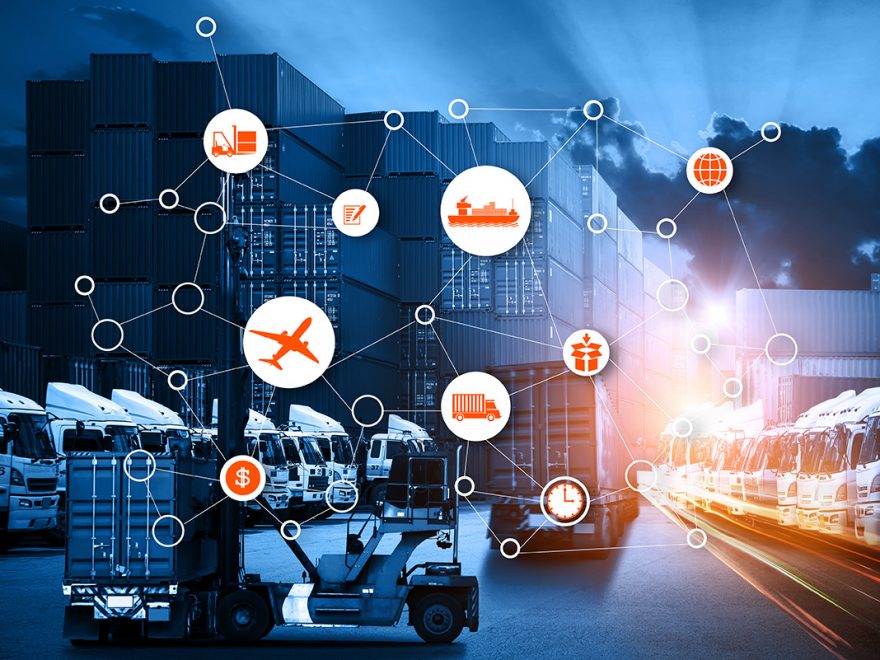
Sometimes there are a lot of capital components around that. It’s easier to do that sometimes if you’re sourcing commodities. But, most often that’s sort of a long term or medium-term question. In terms of the financial part of it, it means that you need to work with partners that are prepared to be able to supply chain manage, what you’re sourcing around the world. Financial standpoint, that means things like supply chain finance and trade finance and how to manage that properly, and how to do it in a way such that you can maximise your working capital. Those are the things that the treasures and thinking about.
Great, thank you. We noticed that Bank of America recently joined Marco Polo. I would like to find out a bit more about this. Is this all hype or is there some methodology behind it?
You know, I think the great news is that we have seen more collaboration in trade finance in the industry with banks and technology; be it tax, insures, whoever it might be, in the last three years than we saw in probably the prior 15 years. And I think what that means is that discussion is happening in a meaningful way. We’re figuring out things like standards, things like international law and jurisdiction, and how can we apply that to trade finance. And I think that will come with the technology; the technology, I think, is there, it’s just a matter now of being able to fit that into the global standards of how we do what we do as an industry. And I think Marco Polo is a great way for us to be a part of that discussion. And I think it was important for us to put our resources down both from human capital and a financial capital perspective, in order to be able to be a part of that discussion and shape it. And also we have that direct dialogue with our clients. And I think that brings the client’s voice to the discussion as well. So, you know, sometimes it’s not so important to have transactions happening immediately, but the discussion is more important so that we can get to the right place eventually. And I think that’s the idea behind us joining Marco Polo. And that’s what we hope to get out of the experience.
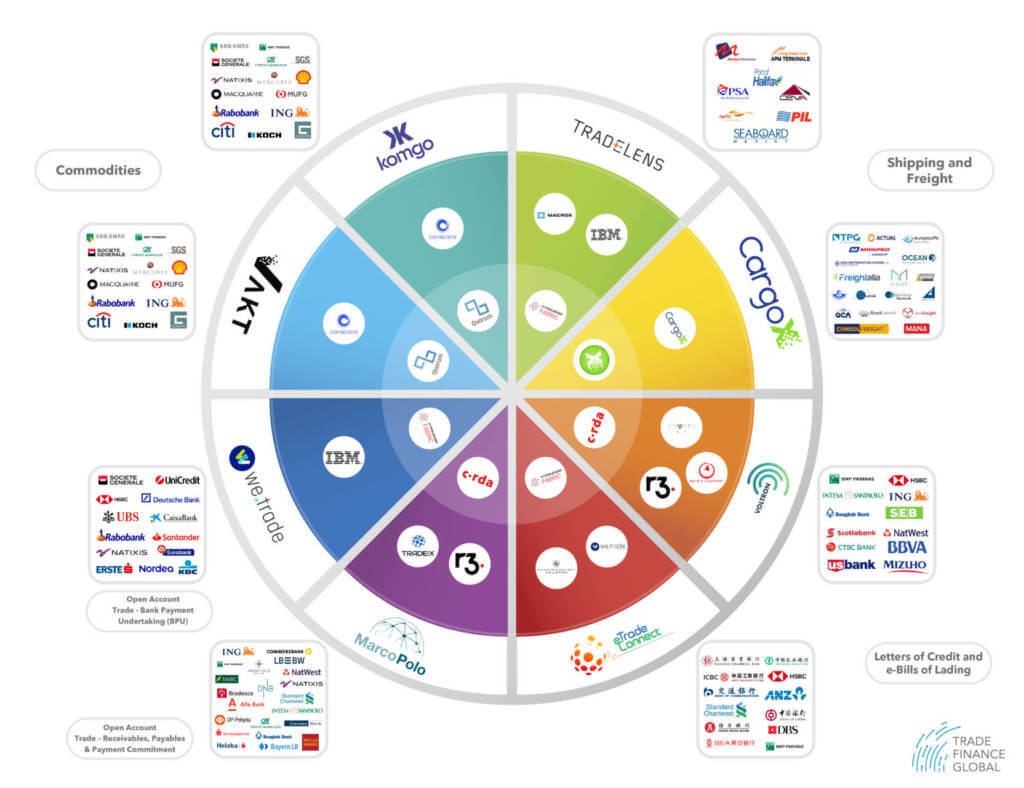
See the interactive diagram
Great. And what have we got to look forward to from Bank of America for the rest of the year?
Well, I think, you know, trade has been an interesting topic. It’s been a relevant topic. And I think it’s on treasures minds, it’s certainly on our minds at Bank of America. And I think as you know, the world continues to change, we continue to change with it and make sure that we’re there for our clients in any capacity that we need to be. And, you know, one of the first things is, as we are a bank, ultimately, you know, our clients look to us for financing. So we need to be prepared to be there in whatever shape that takes, and also to be able to advise them on how we think the best use of that capital, and that financing will take shape, particularly when it comes to supply chain. So I think you’ll hear much more about trade and the coming months and the coming year. And regardless of what goes on in the geopolitical arena, we’re always going to be there to facilitate trade finance globally. And I think that conversation will be very prominent in 2020 and beyond.
Great, Geoff, it has been fantastic having you on the show. Enjoy the rest of SIBOS.
 Australia
Australia Hong Kong
Hong Kong Japan
Japan Singapore
Singapore United Arab Emirates
United Arab Emirates United States
United States France
France Germany
Germany Ireland
Ireland Netherlands
Netherlands United Kingdom
United Kingdom
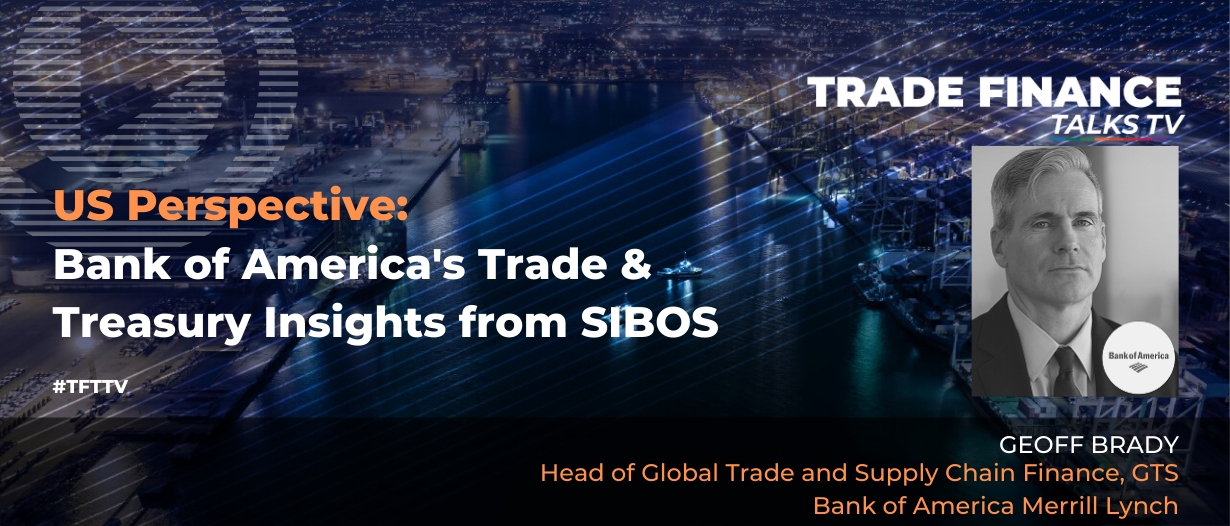
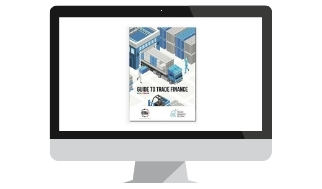




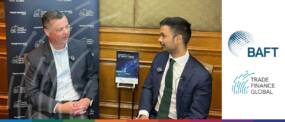

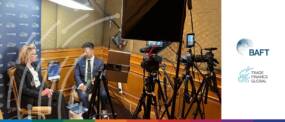
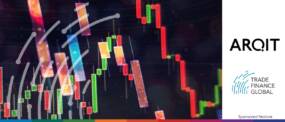
Comments are closed.